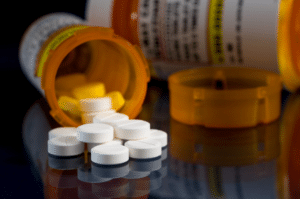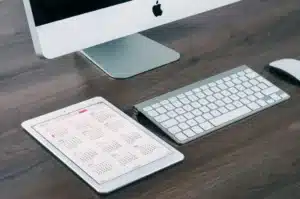
Understanding How Opioids Affect the Brain
It is no secret that the opioid epidemic is having a major impact across the country. More than 75 percent of the nearly 107,000 drug
We’re committed to empowering you with life-changing knowledge, which is why we’ve created our blogs to offer:
To discover blog posts on specific topics, choose a category below or use the search bar above to narrow down your results.
Please Note: that our blog posts are intended for educational purposes only and should not replace consultation with a healthcare professional. If you have questions about our services or need to begin treatment, don’t hesitate to contact us.

It is no secret that the opioid epidemic is having a major impact across the country. More than 75 percent of the nearly 107,000 drug

Addiction is a disease that can affect anyone, and in the United States, 1 in 7 people are living with a substance use disorder. There

Managing pain is a difficult task for physicians and patients alike. When someone is experiencing acute or chronic pain, the goal is to reduce it

Language is a powerful tool in shaping our attitudes and beliefs. Even simple terms can have a significant impact on the way we see ourselves

When it comes to addiction treatment, it is important to meet people where they are on their journey. Although a person may need help, they

September 21 is National Opioid Awareness Day, an important time for people recovering from opioid addiction and their loved ones. This day is a reminder

National Recovery Month is a time when we can celebrate the accomplishments of people who have achieved or are working toward recovery. The month is

When is International Overdose Awareness Day? August 31 marks the annual observance of International Overdose Awareness Day—a day dedicated to remembering the lives lost to

Addiction is an incredibly all-consuming disease that devours time at warp speed. Time obtaining, consuming, and recovering from substance use seems to dissolve into the

The holiday season is already in full swing, and opportunities to rekindle friendships and repair bonds with loved ones present themselves at every turn. With
| Cookie | Duration | Description |
|---|---|---|
| .AspNetCore.Cookies | session | This cookie is installed by BayMark Health Services, Inc. The cookie is used to maintain persistence with ChatGPT sessions. |
| .AspNetCore.CookiesC1 | session | This cookie is installed by BayMark Health Services, Inc. The cookie is used to maintain persistence with ChatGPT sessions. |
| .AspNetCore.CookiesC2 | session | This cookie is installed by BayMark Health Services, Inc. The cookie is used to maintain persistence with ChatGPT sessions. |
| .AspNetCore.CookiesC3 | session | This cookie is installed by BayMark Health Services, Inc. The cookie is used to maintain persistence with ChatGPT sessions. |
| cookielawinfo-checkbox-analytics | 11 months | This cookie is set by GDPR Cookie Consent plugin. The cookie is used to store the user consent for the cookies in the category "Analytics". |
| cookielawinfo-checkbox-functional | 11 months | The cookie is set by GDPR cookie consent to record the user consent for the cookies in the category "Functional". |
| cookielawinfo-checkbox-necessary | 11 months | This cookie is set by GDPR Cookie Consent plugin. The cookies is used to store the user consent for the cookies in the category "Necessary". |
| cookielawinfo-checkbox-others | 11 months | This cookie is set by GDPR Cookie Consent plugin. The cookie is used to store the user consent for the cookies in the category "Other. |
| cookielawinfo-checkbox-performance | 11 months | This cookie is set by GDPR Cookie Consent plugin. The cookie is used to store the user consent for the cookies in the category "Performance". |
| viewed_cookie_policy | 11 months | The cookie is set by the GDPR Cookie Consent plugin and is used to store whether or not user has consented to the use of cookies. It does not store any personal data. |